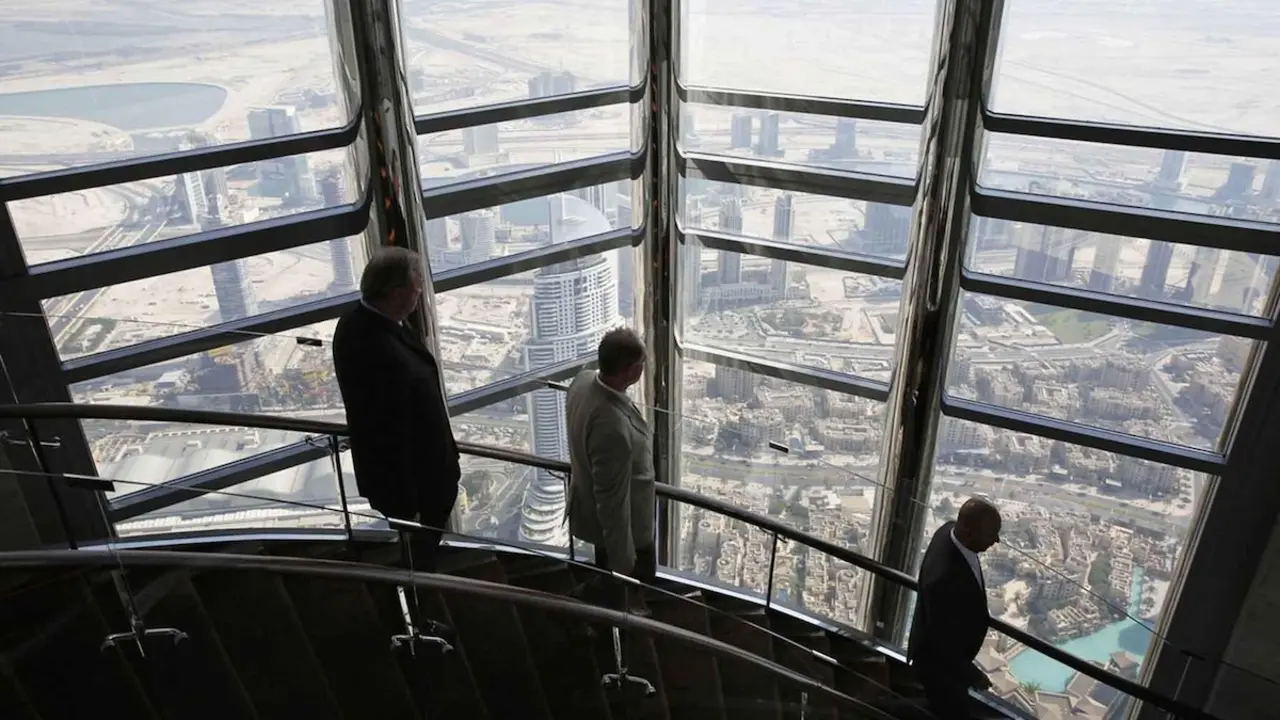Erdogan inaugurates his "Istanbul Canal" project against an economically critical backdrop

Turkish President Recep Tayyip Erdogan has gone ahead with the implementation of the new "Istanbul Canal" waterway project, despite much criticism. The initiative, also known as the "crazy project", aims to compete with the Suez Canal by building a 45-kilometre-long "faranoid" canal to relieve pressure on the Bosphorus Strait.
This construction is not without its critics, as the canal calls into question the very viability of the waterway by having to cross important environmental sites such as marshes, marine ecosystems, and farms, which would be damaged. However, construction workers, under Erdogan's orders, have already poured 1.6 kilometres of cement on a "ceremonial" opening day that included a speech by the Turkish president. According to Erdogan, "the Istanbul Canal is a project to save the future (...) we are opening a new page in Turkey's development".

Turkish President Recep Tayyip Erdogan has gone ahead with the implementation of the new "Istanbul Canal" waterway project, despite much criticism. The initiative, also known as the "crazy project", aims to compete with the Suez Canal by building a 45-kilometre-long "faranoid" canal to relieve pressure on the Bosphorus Strait.
This construction is not without its critics, as the canal calls into question the very viability of the waterway by having to cross important environmental sites such as marshes, marine ecosystems, and farms, which would be damaged. However, construction workers, under Erdogan's orders, have already poured 1.6 kilometres of cement on a "ceremonial" opening day that included a speech by the Turkish president. According to Erdogan, "the Istanbul Canal is a project to save the future (...) we are opening a new page in Turkey's development".

The canal project was announced a decade ago after claims that its construction would protect the development of the Bosphorus. In 2019 it was estimated that the project would cost 13 billion dollars, according to the government, which is equivalent to 75 billion liras, but government sources claim that the initiative has cost 15 billion dollars. This investment comes at a time when Turkey is facing serious economic problems.
Firstly, rising inflation coupled with rising debt and the consequent devaluation of the currency have been the main reasons why Turkey is currently in economic recession. In addition, the dismissal of the head of the Central Bank, Naci Agbal, for opposing Erdogan's proposed economic policies, has further aggravated the country's economic situation. According to Amudi's director, Yerlan Syzdykov, "the constant changes in the economic team do not bode well, it is not good for the credibility of the policies". In this respect, the new head, Sahap Kavcioglu, has become the fourth governor of the Central Bank in less than two years.

According to Erdogan, 'it is becoming increasingly dangerous for tankers to make their way through the Bosphorus into the Black Sea and the Sea of Marmara'. Currently, 43,000 ships a year pass through the strait, twice as many as the government considers safe, causing waiting times to increase. In this respect, the number of vessels is expected to increase to 78,000 by 2050.
On the other hand, Russia has been sceptical about its construction and has expressed concern that the project would not be subject to the 1936 Montreux Convention, an international agreement by which the United Kingdom transfers sovereignty over both the Bosphorus Strait and the Dardanelles to Turkey and would regulate the passage of warships through them. In this vein, Erdogan has stated that 'as long as the canal relieves the heavy maritime burden of the Bosphorus, Turkey will also get an alternative under its full sovereignty outside the Montreux limitations', as part of 'our struggle for sovereignty'.

Meanwhile, criticism continues to mount. On the one hand, the financial outlay of the investment in an economically critical context for Turkey together with the negative environmental consequences of the plan are worrying a population that already describes the plan as an unprecedented environmental disaster. Now it is time for the geopolitical aspect of the Black Sea and Russia's role to come into play, as the former Union believes that this channel should be governed by the Treaty because of the enormous benefits it brings to Moscow.








